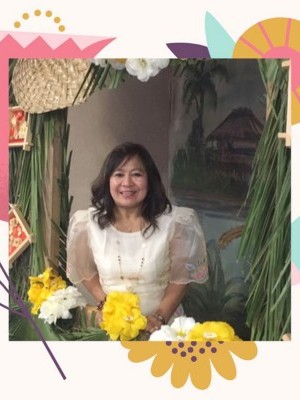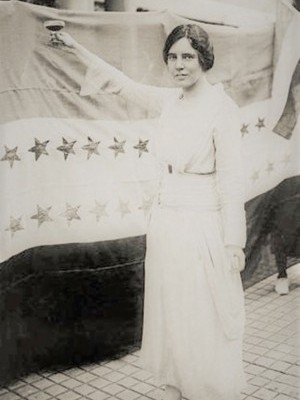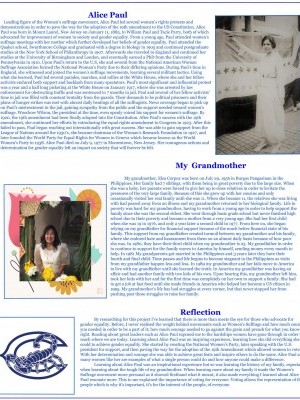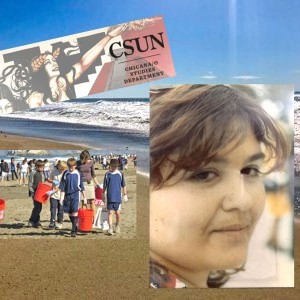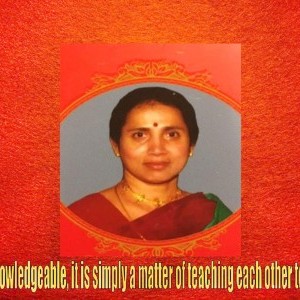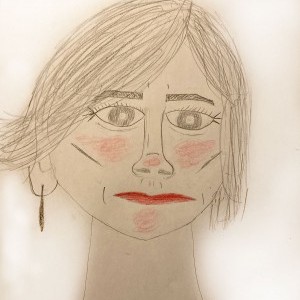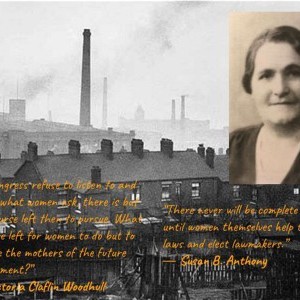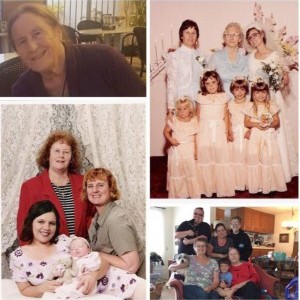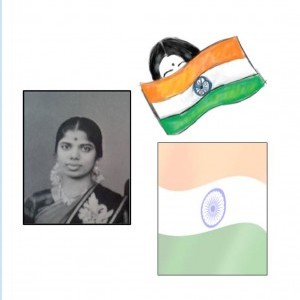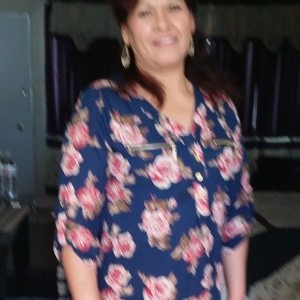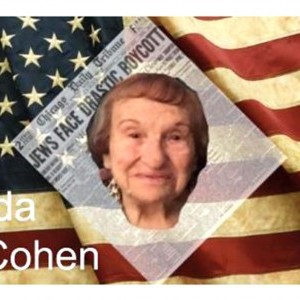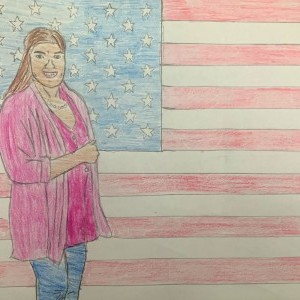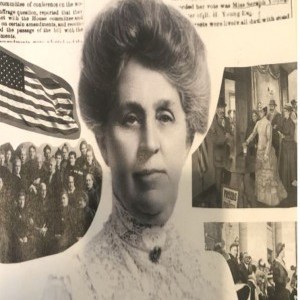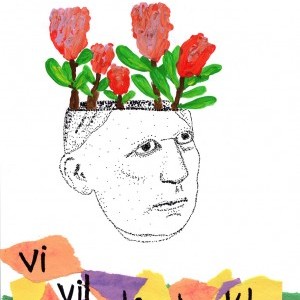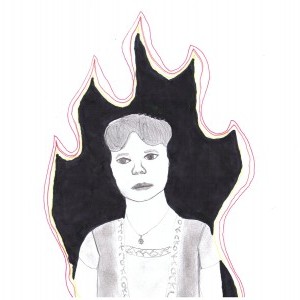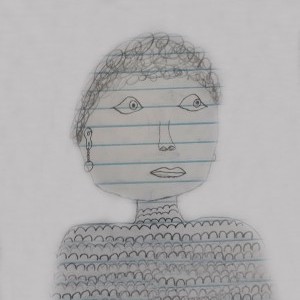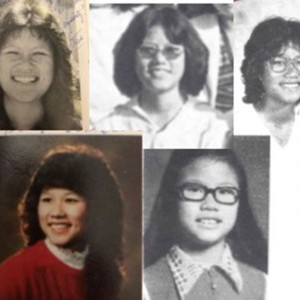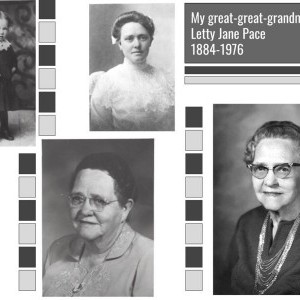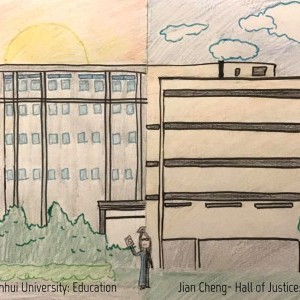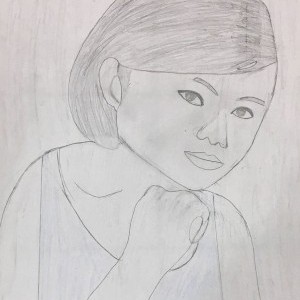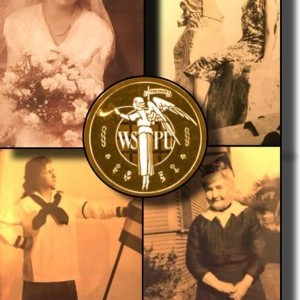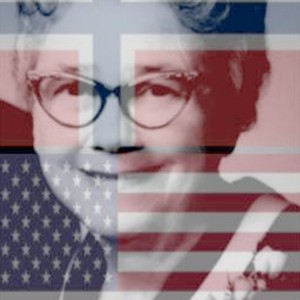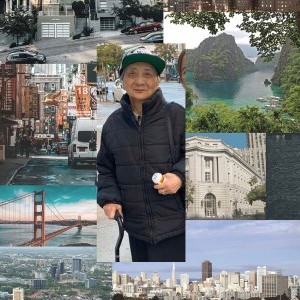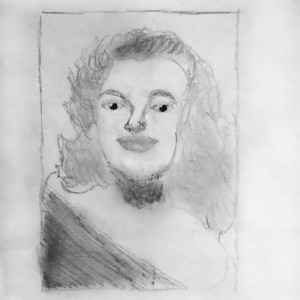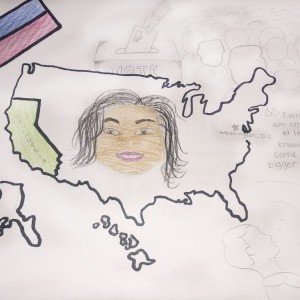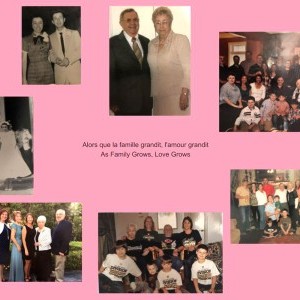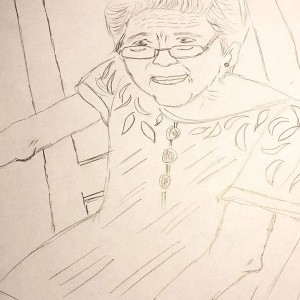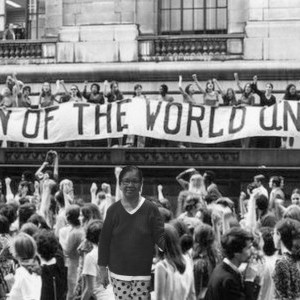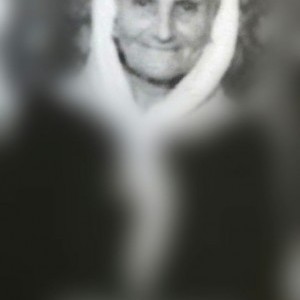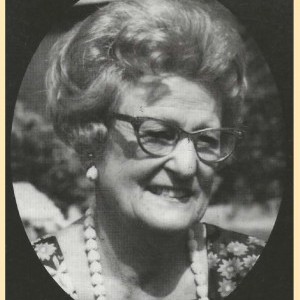Evan Pritchard
Adolfo Camarillo High School | Camarillo, CA | 10th
Inspirational Family Member
My Grandmother
My grandmother, Elsa Corpuz, was born on July 29, 1956 in Burgos Pangasinan in the Philippines. Her family had seven siblings, with them being in great poverty due to the large size. When she was a baby, her parents were forced to give her up to close relatives in order to alleviate the pressures of the very large family. Because of this she grew up with her cousins and only occasionally visited her real family until she was eleven. When she reached eleven, the relatives she was living with had passed away from an illness and my grandmother returned to her biological family. Life in poverty was hard for my grandmother, having to work from a young age in order to help support the family since she was the second eldest.
She went through basic grade school but never finished high school due to poverty and became a mother from a very young age. She had her first child when she was nineteen in 1976 and, only a year later, a second child in 1977. From here on, she began relying on my grandfather for financial support because of the much better financial state of his family. This support from my grandfather created turmoil between my grandmother and his family, where she endured hate and harassment from them on an almost daily basis because of how poor she was. In 1980, my grandparents had their third child when my grandmother was 23. My grandfather in order to continue to support for the family moved to America by himself, sending money every month to help. In 1981, my grandparents got married in the Philippines and three years later they had their fourth and final child.
Time passes and life begins to become stagnant in the Philippines as visits from my grandfather happen less and less.
In 1989 my grandmother and her kids moved to America to live with my grandfather until she learned the truth. In America my grandfather was having an affair with a woman and had another family with two kids of his own. Upon hearing this, my grandmother left him, took her kids with her and for the first time was completely on her own to support a family. She had to get a job in the fast food industry until she made friends in America who helped her become a U.S. citizen in 1995. My grandmother’s life has had struggles at every corner, but that never stopped her from pushing past those struggles to raise her family.
Historical Figure I Admire
Alice Paul
Leading figure of the Women’s suffrage movement, Alice Paul led several women’s rights protests and demonstrations in order to pave the way for the adoption of the 19th amendment to the US Constitution. Alice Paul was born in Mount Laurel, New Jersey on January 11, 1885, to William Paul and Tacie Parry, both of whom advocated for improvement of women in society and gender equality. From a young age, Paul attended women's suffrage meetings with her mother which further developed her beliefs of gender equality.
Paul attended the Quaker school, Swarthmore College and graduated with a degree in biology in 1905. She continued postgraduate studies at the New York School of Philanthropy in 1907. Afterwards she traveled to England and continued her studies at the University of Birmingham and London, and eventually earned a PhD from the University of Pennsylvania in 1910. Upon Paul’s return to the U.S, she and several from the National American Woman Suffrage Association formed the National Woman’s Party due to their differing opinions.
During Paul’s time in England, she witnessed and joined the women’s suffrage movement, learning several militant tactics. Using what she learned, Paul led several parades, marches, and rallies at the White House, where she and her fellow activists endured both support and backlash from many spectators. Paul’s most significant and influential protest was a year and a half long picketing at the White House on January 1917, where she was arrested by law enforcement for obstructing traffic and was sentenced to 7 months in jail. Paul and several of her fellow activists’ time in jail was filled with constant brutality from the guards. Their demands to be political prisoners and their plans of hunger strikes was met with almost daily beatings of all the suffragists. News coverage began to pick up on Paul’s mistreatment in the jail, gaining sympathy from the public and the support needed toward women’s suffrage. Woodrow Wilson, the president at the time, even openly voiced his support for women’s suffrage. By 1920, the 19th amendment had been finally adopted into the Constitution.
After Paul’s success with the 19th amendment, she continued her efforts by introducing the Equal Rights Amendment to Congress in 1923. After this failed to pass, Paul began reaching out internationally with great success. She was able to gain support from the League of Nations around the 1930s; she became chairman of the Woman’s Research Foundation in 1927; and later founded the World Party for Equal Rights for Women in Geneva which became known as the World Women’s Party in 1938. Alice Paul died on July 9, 1977 in Moorestown, New Jersey. Her courageous actions and determination for gender equality left an impact on society that will forever be felt.
What the Project Means to Me
By researching for this project I’ve learned that there is more than meets the eye for those who advocate for gender equality. Before, I never realized the weight behind movements such as Women’s Suffrage and how much courage you needed in order to be a part of it; how much courage you needed to go against the grain and preach for what you know is right. Reading about great leaders such as Alice Paul exposed me to the hardships women have gone through in order to reach where we are today. Learning about Alice Paul was an inspiring experience, learning how she did everything she could to achieve gender equality. She started by creating the National Woman’s Party, later speaking with the U.S. president for support, and then paving the way for the adoption of the 19th Amendment which allowed women to vote. With her determination and courage she was able to achieve great feats and inspire others to do the same. Alice Paul and many women like her are examples of what a single person could do and how anyone could make a difference.
Learning about Alice Paul was an inspirational experience but so was learning the history of my family, especially when learning about the tough life of my grandmother. Learning more about my family made the Women’s Suffrage movement more personal as it showed firsthand what it meant to them. It also made everything I learned about Alice Paul resonate more. This to me explains the importance of voting for everyone. Voting allows the representation of the people, which is why it’s important, it’s for the interest of the people, of everyone.
Explore the Archive
More From This Class
Click on the thumbnails below to view each student's work.Deadline Extended
There's still time to join Women Leading the Way.
Become a part of our storytelling archive. Enroll your class today.
Join the Project

